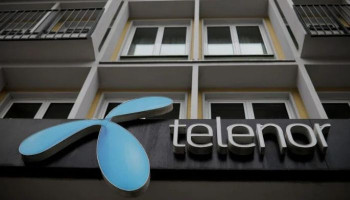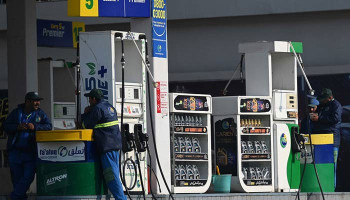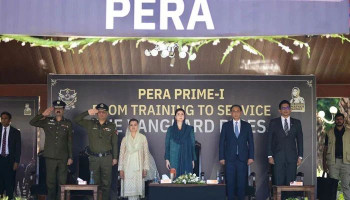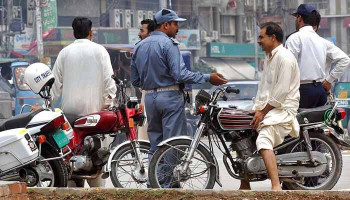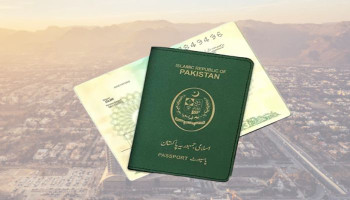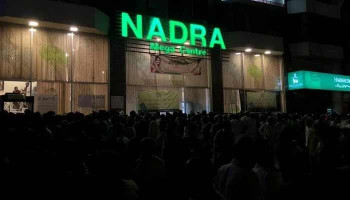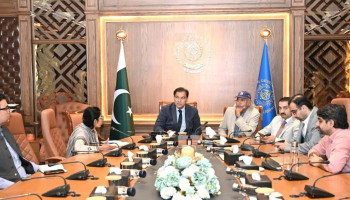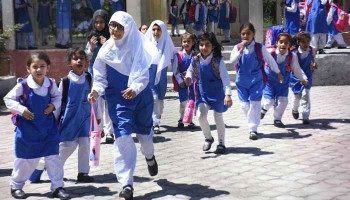
In a big stride towards a digital Pakistan, the State Bank of Pakistan (SBP) has announced plans to transition all government payments to Raast, the country's instant payment system, by the end of the 2025-26 fiscal year.
This strategic decision is a significant step in Pakistan's push towards a less cash-dependent economy.
Saleem Ullah, the SBP's deputy governor, stated: "We have plans that with the close of this fiscal year, we will be having all government payments go to Raast."
The government has also introduced a three-year subsidy programme to expedite Raast adoption, allocating Rs3.5 billion to support merchants in joining the system.
The subsidy will cover the fees that merchants would typically bear, making it cost-effective for them to embrace Raast. This move aims to redirect a significant portion of the estimated Rs11.2-11.3 trillion in cash currently outside the banking system into formal channels.
The SBP's initiative is backed by a study commissioned by the United Nations-based Better Than Cash Alliance. The study outlines pricing mechanisms to ensure the sustainable growth of merchant payments via Raast.
The study's managing director, L. Nshuti Mbabazi, stated that Pakistan is all set to become a cashless society within three years.
It must be noted that the government payments in question include salaries, pensions, subsidies, and welfare, meaning they would be processed instantly through Raast to create a digital record.
For shopkeepers and the public, the subsidy and low-cost transactions would make everyday payments more convenient.
While the challenges of convincing small merchants, maintaining reliable networks, and ensuring long-term incentives persist, the SBP's commitment and global support suggest that a cashless Pakistan is an idea that is closing in on reality.





